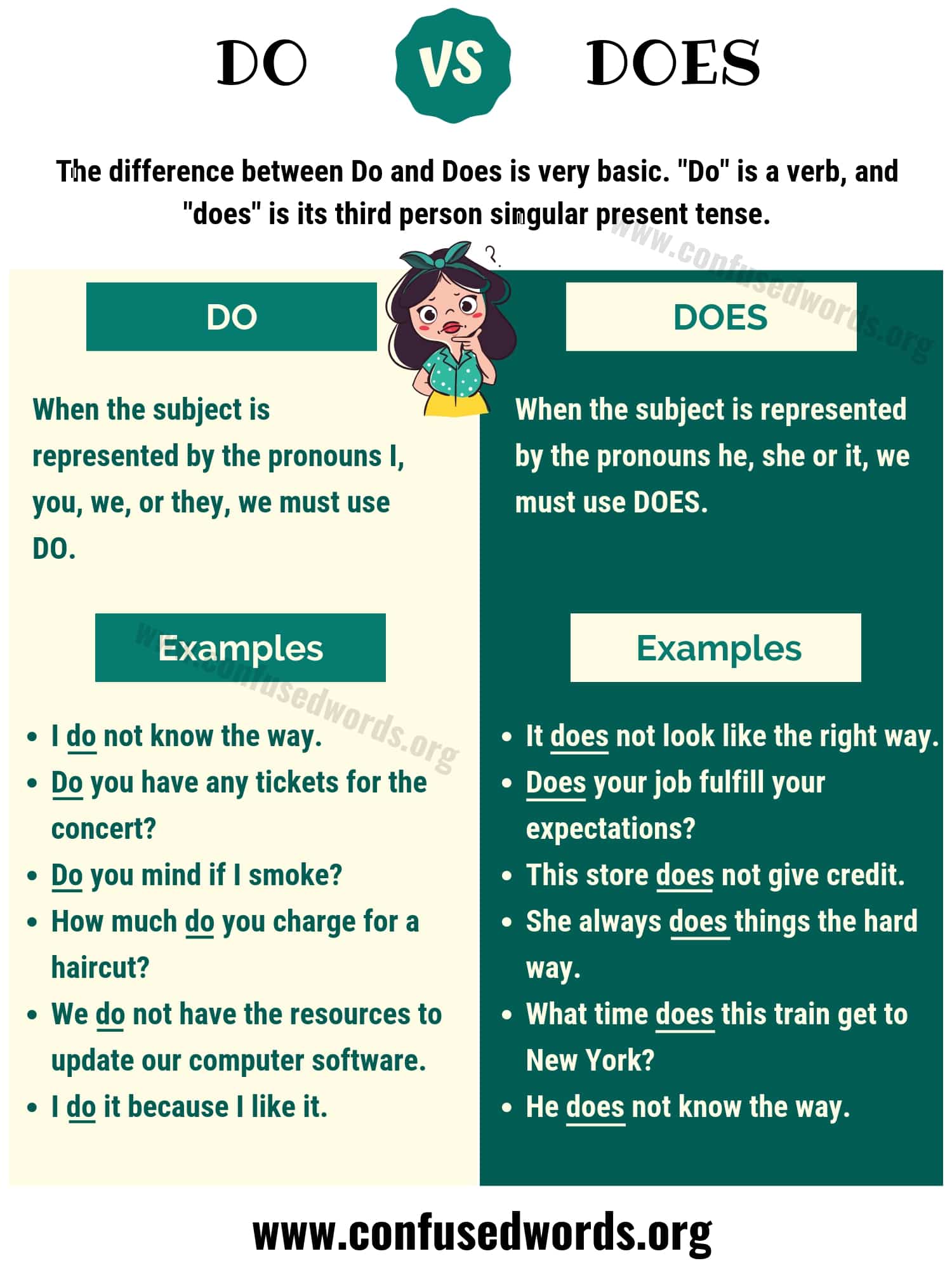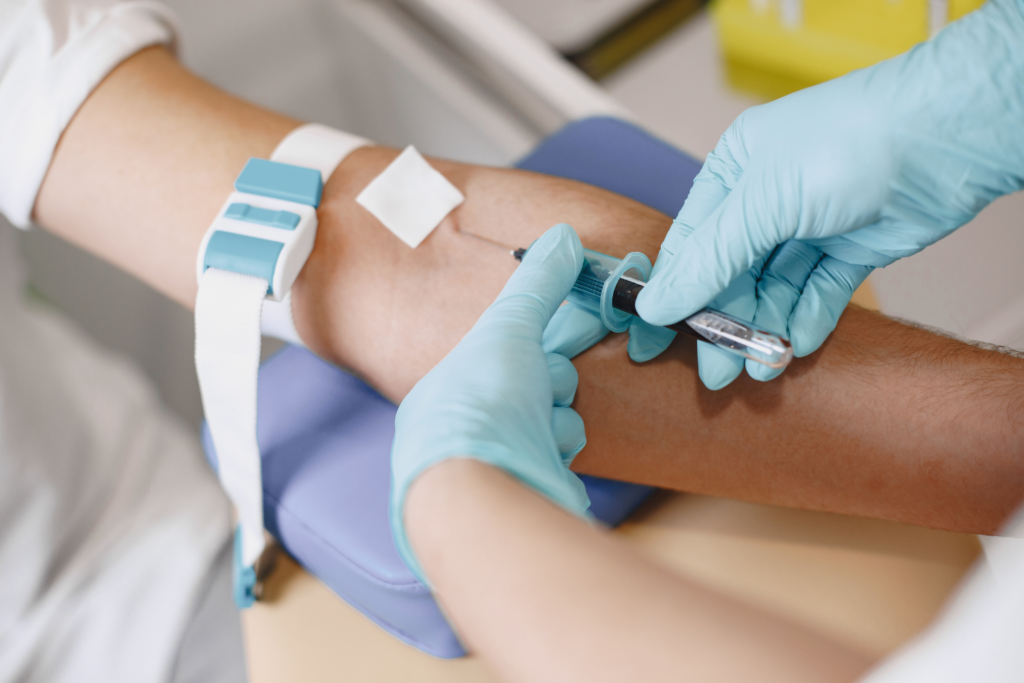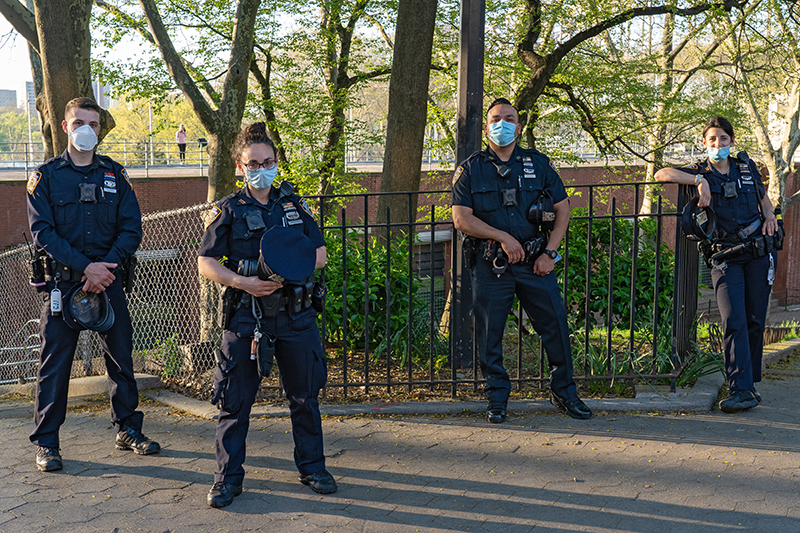Your Step-by-Step Guide to Becoming a Public Health Nurse
Introduction: The Impact and Opportunity of Public Health Nursing
Public health nurses play a vital role in improving health outcomes for entire communities. Unlike traditional nursing roles focused on individual patient care, public health nurses address health on a broader scale-educating populations, promoting wellness, and preventing disease. This guide provides comprehensive, actionable steps to help you enter this rewarding field, including educational pathways, licensure, certification, and practical experience.
Understanding the Role of a Public Health Nurse
Public health nurses (PHNs) work in diverse settings such as community clinics, schools, government agencies, and nonprofit organizations. Their responsibilities often include community education, disease prevention, advocacy, and connecting individuals to health resources. PHNs are instrumental in tackling health disparities and supporting vulnerable populations. If you are passionate about social impact and healthcare, public health nursing offers a unique blend of both.
[1]
Step 1: Educational Requirements
The journey to becoming a public health nurse begins with education. Most entry-level public health nursing positions require a
Bachelor of Science in Nursing (BSN)
. If you already have an Associate Degree in Nursing (ADN), you may enroll in an RN-to-BSN bridge program. For individuals with a bachelor’s degree in another field, accelerated BSN programs are available. These programs typically include coursework in public health, epidemiology, and community health, combined with hands-on clinical experience.
[1]
In some states, such as California, your program must be accredited by the National League of Nursing (NLN) or the Commission on Collegiate Nursing Education (CCNE), and include at least 90 hours of supervised clinical experience in a public health setting.
[2]
Step 2: RN Licensure-The NCLEX Exam
After completing your nursing degree, you will need to become a licensed Registered Nurse (RN). To do this, you must pass the
National Council Licensure Examination for Registered Nurses (NCLEX-RN)
. The NCLEX is a standardized exam required in all U.S. states. Once you pass the exam, you apply for licensure with your state’s Board of Nursing. Requirements can vary by state, so it is important to verify specifics with your local board. In California, for example, you must have an active California RN license to pursue public health nursing roles.
[1]
[2]
[4]
Step 3: Gaining Experience in Public Health
With your RN license, you can start gaining hands-on experience in public health settings. Many new nurses begin their careers in hospitals or clinics, but it is beneficial to seek opportunities directly related to community and population health. Consider positions at nonprofit organizations, local health departments, or federally qualified health centers. Volunteering with community outreach programs or participating in public health campaigns are excellent ways to build relevant experience.
[1]
[5]
Supervisory or specialized roles may require additional experience or graduate-level education, so consider your long-term career goals as you select early positions.
Step 4: Specialty Certification and Advancement
While not always required, specialty certification can enhance your credentials and job prospects. The
Certified in Public Health (CPH)
credential, offered by the National Board of Public Health Examiners (NBPHE), is one option. Eligibility for the CPH typically requires a degree from a Council on Education for Public Health (CEPH)-accredited program or several years of public health work experience with a related degree.
[3]
Earning this or other certifications demonstrates expertise and commitment to the field, which is particularly valuable for leadership roles.
Step 5: Meeting State-Specific Requirements
Some states, such as California, require an additional Public Health Nurse (PHN) certificate. This process involves submitting an application to the state’s Board of Registered Nursing, providing transcripts, and documenting supervised public health clinical experience. Requirements can differ significantly between states, so always consult your state Board of Nursing. For the most current details, visit your state’s official board website or contact their office directly.
[2]
[4]
Alternative Pathways and Considerations
If you already hold a non-nursing bachelor’s degree, accelerated BSN programs can allow you to qualify for RN licensure in as little as 12-18 months. For nurses with an ADN, RN-to-BSN programs are widely available. Those interested in advanced roles, such as nurse educator or public health administrator, may consider pursuing a Master of Science in Nursing (MSN) or a Master of Public Health (MPH) degree. Some employers value or require graduate-level education for higher-level positions in public health nursing.
[1]
[5]
Practical Tips for Success
To maximize your chances of success in public health nursing, consider these strategies:
- While in school, seek internships or volunteer work in public health, community outreach, or health education.
- Network with professionals through nursing associations or local public health organizations.
- Stay informed on public health trends and emerging issues by reading journals, attending conferences, or joining webinars.
- Prepare a strong resume that highlights community engagement, leadership, and communication skills.
Be aware that some public health nursing positions may require background checks, immunizations, or additional training (such as child abuse detection and reporting in California). Always verify job requirements with prospective employers.
Accessing Opportunities and Applying
To find public health nurse job openings:

Source: wikihow.com
- Search major job boards using terms like “public health nurse,” “community health nurse,” or “PHN.”
- Visit local and state health department websites for job postings.
- Check the career pages of hospitals, clinics, and nonprofit organizations focused on community health.
- Contact your nursing school’s career services office for leads and networking opportunities.
When ready to apply, prepare a tailored cover letter, emphasizing your public health coursework, clinical experience, and any volunteer or community engagement. If you are applying in a state with special requirements (such as California’s PHN certificate), ensure your credentials are in order before submitting your application.
Potential Challenges and Solutions
Public health nursing can be highly rewarding but also presents unique challenges. Resource limitations, complex community needs, and the need for cultural competence are common hurdles. Solutions include ongoing professional development, participating in mentorship programs, and joining professional organizations such as the American Public Health Association. By staying engaged and adaptable, you can build a fulfilling and impactful career.
Key Takeaways and Next Steps
Becoming a public health nurse requires dedication to education, licensure, and ongoing professional development. The process typically involves earning a BSN, passing the NCLEX-RN, gaining relevant experience, and pursuing certification or state-specific credentials as needed. By following these steps and seeking out opportunities for growth, you can make a lasting difference in the health and well-being of your community.

Source: wikihow.com
References
- NurseJournal (2025). How to Become a Public Health Nurse.
- California Board of Registered Nursing (2023). PHN Certification Application Instructions.
- RegisteredNursing.org (2025). Public Health Nurse Certification.
- Los Angeles County Department of Public Health (2008). Public Health Nursing FAQs.
- Western Governors University (2024). Public Health Nurse Career Guide.
MORE FROM 9scholarships.de













